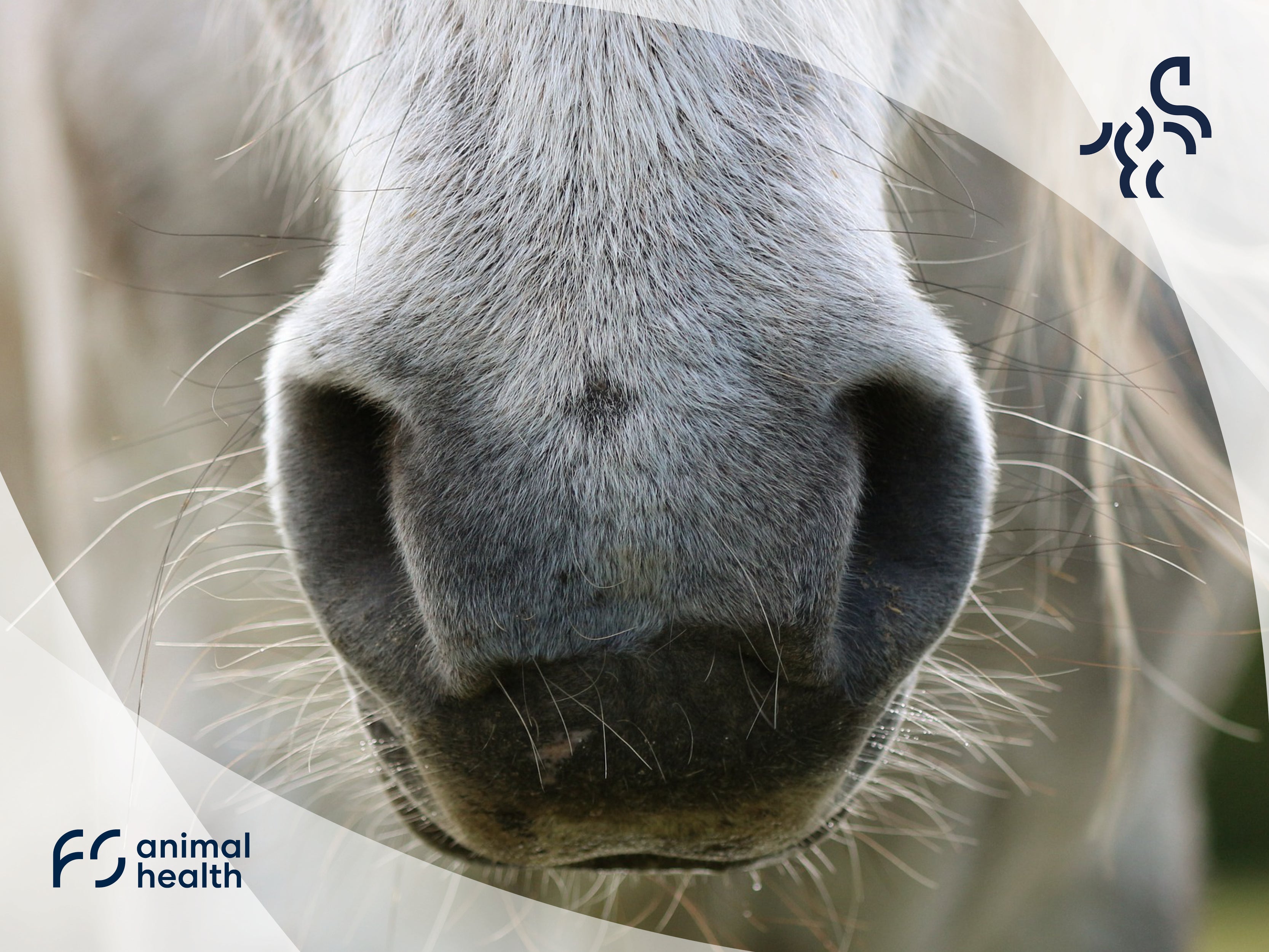Reasons for diarrhea in foals
Watery stools, or foal diarrhea, is a common name for diarrhea. Diarrhea in foals can be caused by various factors. A change in the environment, or a similar stressful situation, can change the pH value in the intestine, which causes diarrhea. This change gives harmful microorganisms, such as salmonella, rotaviruses or C.Perfingens, the opportunity to settle in the gastrointestinal tract.
Foal diarrhea usually occurs from the 9th day of life until the mare's first heat. Because of this, the diarrhea is often referred to as "foal heat diarrhea." It is believed that foals often suffer from this condition because they ingest feces through the mare's udder. This is a natural process that only lasts a few days and allows the foal to build up a strong intestinal flora.
How does foal diarrhea differ from infectious diarrhea?
In cases of foal diarrhea, the animals are not systemically ill. They usually remain active, alert and free of fever. In cases of infectious diarrhea, the foals are often apathetic, suffer from fever and refuse to eat.
Therefore, you should regularly check your foal's temperature. The normal rectal temperature should be between 37 °C and 38.6 °C. Also monitor the nursing habits of your mare and foal. As a rule, foals should nurse several times an hour. You can also check the mare's udder. If it is full or even dripping, you can assume that the foal is not drinking.
Diarrhea caused by a foal in heat is manifested externally by slightly loose stools or mild diarrhea. This causes a high loss of water and electrolytes. Diarrhea caused by infectious causes, on the other hand, is manifested by very watery stools.
How should diarrhea be treated?
Diet plays a key role in relieving diarrhea. Treatments are based on the idea of protecting the intestinal tract from harmful bacteria and their colonization in the intestinal epithelium. The intestinal epithelium is the single layer of cells that forms the luminal surface of the small intestine. By adding the right supplements, harmful toxins are removed, fluid and electrolyte balance remains stable, and beneficial microorganisms can recolonize.
Due to its selected ingredients and composition, the Diazorb Paste from TRM is ideally suited to protect the gastrointestinal tract in order to prevent such diarrhea from occurring in the first place.
The Diazorb Diarrhea Paste contains:
- bentonite
- prebiotics
- probiotics
- pectin
- Dextrose and
- sodium chloride
Bentonite:
Is a gastrointestinal absorbent recommended to absorb toxins, neutralize them and bind water.
Pre- & Probiotics:
Fructo-oligiosaccharides & mannanoligosaccharides can increase the number of beneficial bacteria in the gut while reducing the population of harmful bacteria.
Pectin:
Stimulates water and colonic sodium retention, which is important for producing normal stools and counteracting dehydration and loss of electrolytes.
Dextrose:
Source of energy in times of intestinal disorders.
Sodium chloride:
Replaces lost electrolytes.
The take-home message is that digestive disorders should not be ignored. Prompt treatment and nutrition are essential to prevent illness and even death in extreme cases.



